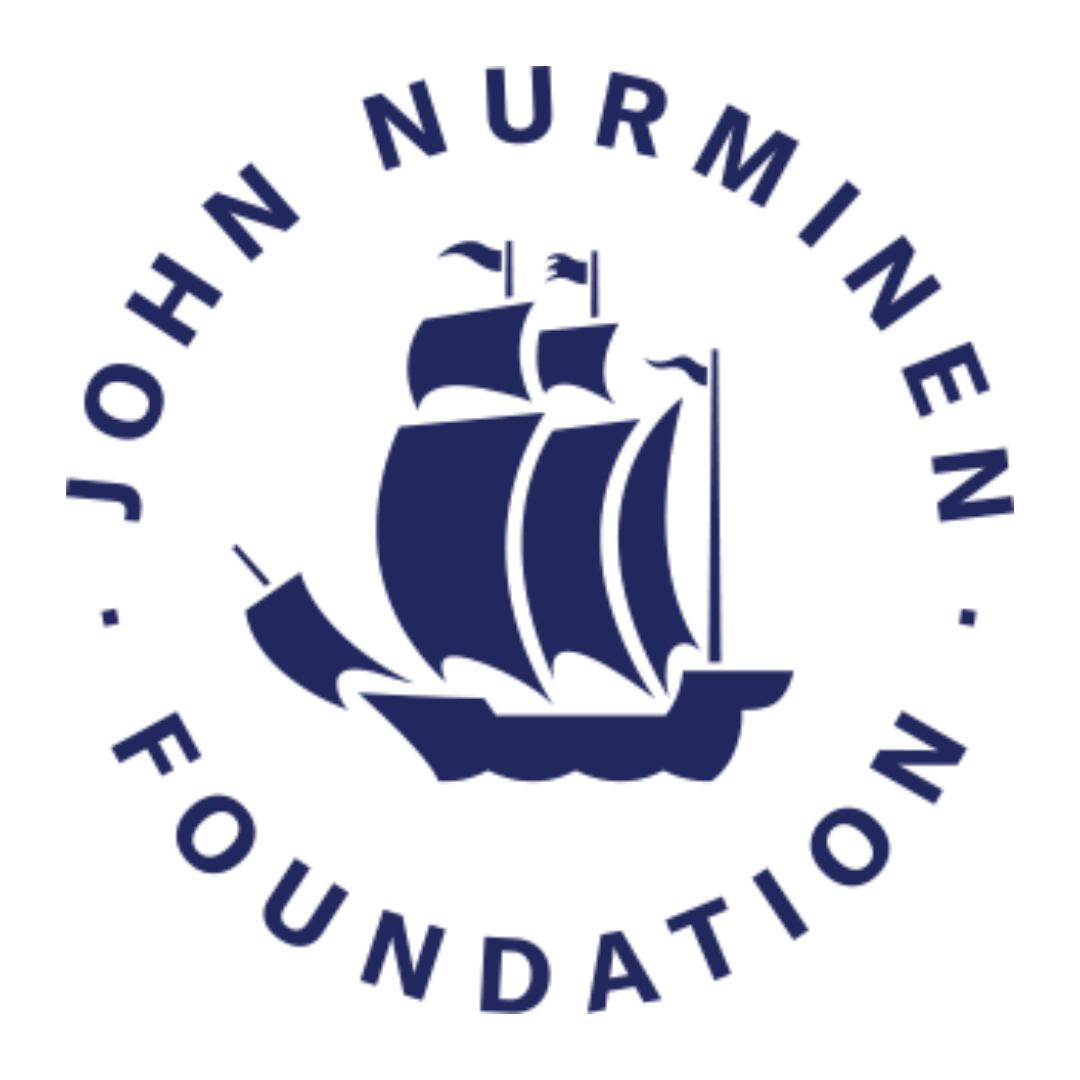
From my childhood, I remember the times when I went tent camping with my father in the Turku archipelago, and the vacations spent at the Jurmo Island ornithological station in Turku. In the mid-80s, cows and sheep roamed freely in Jurmo. I remember a Jurmo pine tree that was more than 300 years old ? since then it has been felled by a storm. The pine was home to a hobby‘s nest. I remember how, on the ferry trips to Jurmo, the water became clearer as we sailed ahead. The small jellyfish and the island adders, which we were constantly watching out for, were also things that I remember well.
My awareness of the poor status of the Baltic Sea grew when I, in 1998, assisted in organising the Itämeri.Nyt. conference in Hanko. Being a voluntary at the environmental organisation Dodo and working, through Adage, in close cooperation with the WWF at the turn of the millennium have made sure that I do not forget the vulnerability of the Baltic Sea or the oil spill accident risks caused by growing cargo vessel traffic.
The management team of Adage, a company focusing on user interface design and usability research, has a shared background in environmental organisations. I first got to know Sami Wilkman, our Sales Director, and Raino Vastamäki, our Research Director, in Dodo, where we organised spectacular public events as well as panel discussions targeted at the decision-makers of smaller communities. Because of our shared background, we have supported ambitious environmental projects, such as the Demos Helsinki Ilmastotalkoot climate campaign, environmental protection projects of the WWF, and now the Tanker Safety project by donating our effort to these projects.
Protecting the Baltic Sea may feel like an impossible task, or an effort that is just too big for a private individual, company or even country to take on. If I can’t solve the problem by myself, this easily leads to the mentality that it is pointless to do anything, at least as long as no one else is making an effort either. This problem of freeloading is created because stakeholders have no incentives to take the wider consequences of their actions into account.
When discussing the protection of the Baltic Sea we also encounter the problem of moral hazard, which means that stakeholders do not face full responsibility for their actions, and are therefore not as cautious as they would otherwise be. The concept of moral hazard means that considerable risks are taken in a situation where an individual stakeholder reaps the profits, but damages are borne collectively. It is precisely the problem of moral hazard that increases the risk of oil spill accidents in the cargo traffic of the Baltic Sea.
A change in attitudes is the single most important factor in the protection of the Baltic Sea. This change is possible and already ongoing. Moreover, we need shared legislation and efficient solutions with a voluntary basis. The ENSI system, developed by the John Nurminen Foundation Tanker Safety project, is an example of a cost-efficient tool that can encourage individual cargo vessels to share their route data with the authorities, thus reducing the risk of oil spill accidents. For us at Adage, it has been a great privilege to participate in the planning of the system’s concept and the user-centred design of its user interface.
